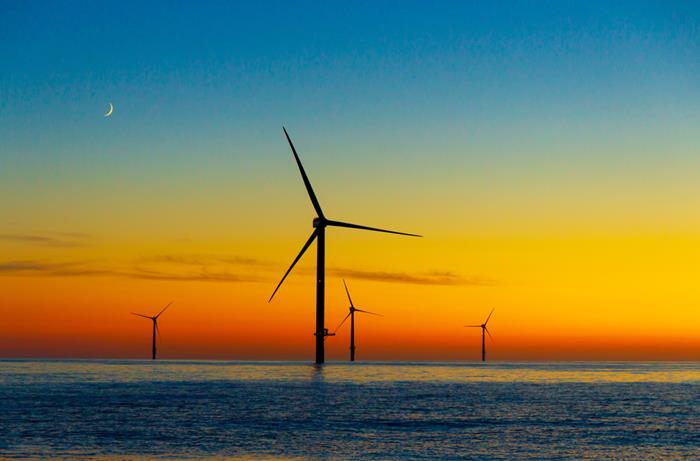Boards at the energy companies involved in decarbonising electricity generation in the UK will need to “collaborate” much more to solve the problems the country faces.
Andrew Lever, director of energy transition at the Carbon Trust told viewers of a special webinar hosted by Board Agenda and Diligent, providers of boardroom software solutions, that companies would have to collaborate between themselves to make progress, but also with other bodies and institutions.
“There will be safe spaces to collaborate on supply chains,” said Lever, adding that companies could also cooperate on their communications with government and creating “frameworks” to achieve shared goals.
He also said energy company boards would have to collaborate “vertically”: “The solutions we require need innovation but they also need broader engagement with different stakeholders—local authorities, car manufacturers, consumers.”
He concluded: “Collaborating will be key going forward.”
Lever was speaking in a webinar exploring the role of boards in the renewables energy and nuclear sectors in the transition to net zero emissions.
Joining Lever on the panel was Tim Stone, chair of the Nuclear Industry Association, together with Clint Harrison, managing director, offshore renewables, at recruitment specialists Taylor Hopkinson.
‘Redesign the system’
Stone agreed that collaboration was needed and argued that the work to decarbonise the UK was vast, and potentially involves generating two to three times as much electricity as the current system. “We have to redesign the system as a whole,” Stone said, adding: “I have no sense of any politicians anywhere having a sense of what the transition actually looks like.”
The renewables sector appears to be going through a major adjustment. There is broad agreement that although the long term confidence in technologies needed to decarbonise remains strong, short term headwinds have caused concern. The cost of living crisis and disruption to supply chains have affected confidence in the sector.
In September, the government received no bids for new offshore wind projects largely because the so-called “strike price” offered was considered too low to be viable as a profitable business. The government is consulting on a fresh round of auctions for new projects.
Energy company boards must also contend with a scarce supply of talent—everything from leadership to technical skills—to fill key roles.
Talent, said Clint Harrison, was a “key risk that a lot of boards and investors are looking at”.
He added: “We need an integrated plan with industry, government and academia to come to together and shape a long term vision.”
Harrison believes the renewables industry will also face competition for talent from the conventional energy sector, one of the current hunting grounds for renewables companies.
“The focus on long-term talent is an absolute must. I think boards need to come together so you don’t have a piecemeal approach from company to company.”
You can watch the full webinar here.





